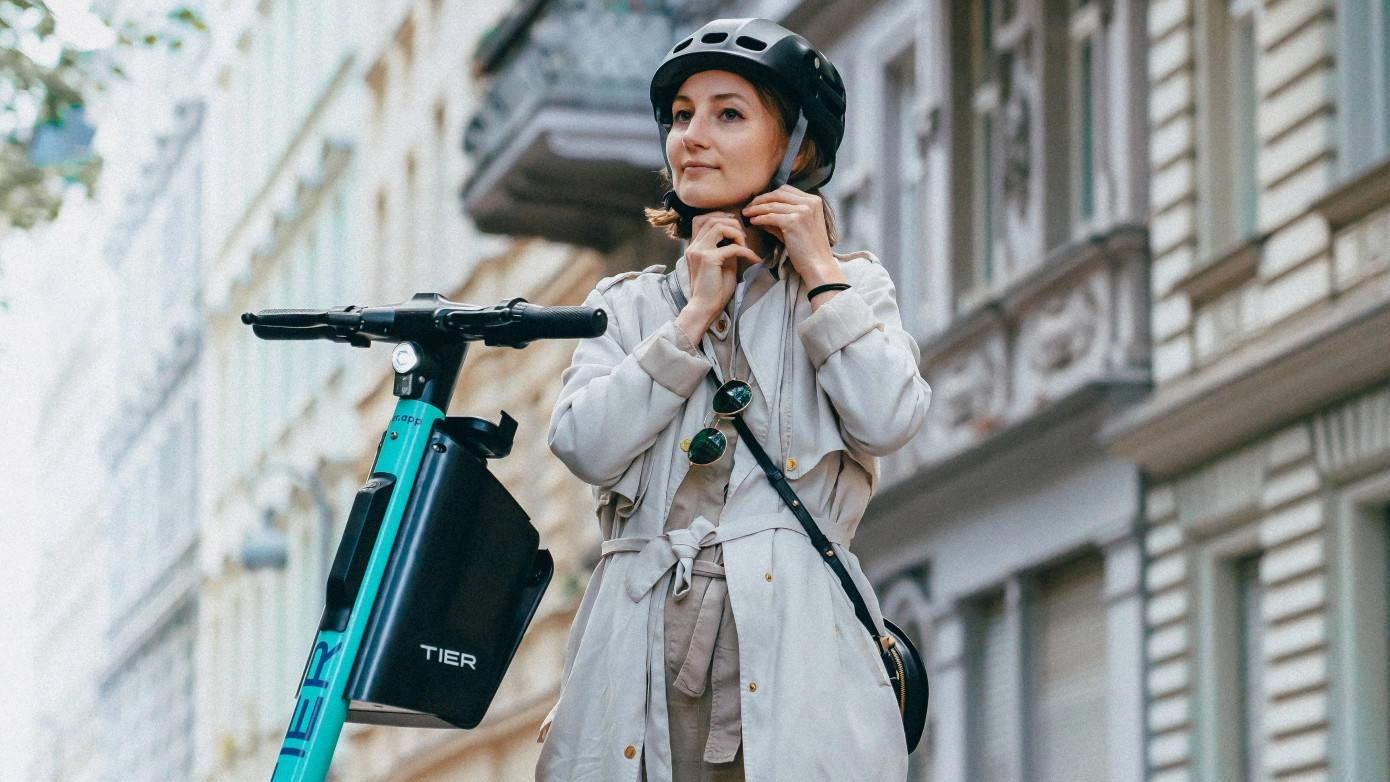Tier launches upgraded electric scooter ‘brain’ pilot in London
Improves safety and connectivity


Tier, the world’s leading provider of shared micro-mobility, has announced the pilot of ‘Parrot’, a new in-house developed module that aims to improve safety and connectivity.
Each electric scooter has a module fitted to connect them to Tier’s operations teams and the first e-scooters models will be rolled out in London this week, with further trials taking place in Norway and France in the coming months.
The new ‘Parrot’ module features upgraded hardware including sensors, a step change in processing power and 4G connectivity.
The updated tech enables data analysis to take place on the scooter, rather than relying on a cloud connection, allowing the system to respond more quickly to data from the onboard sensors, as well as analyse inputs from multiple sensors at the same time.
The new model allows Tier to drastically improve positioning and parking accuracy, as well as develop new use cases, from e-scooters being able to report when maintenance is needed further in advance, to recognising and reducing the likelihood of unsafe rider behaviours.
The new module will eventually be fitted to Tier’s existing electric scooter fleet, extending the life of its vehicles and improving the rider experience.
Eryk Sokolowski, Head of Vehicle and IoT Programmes at Tier, commented: “Our number one goal was to improve the safety and overall rider experience of our e-scooters through increased positioning and parking accuracy. The team has managed to significantly improve this by utilising cutting-edge hardware, reducing vehicle reaction times to geo-fenced zones and enabling a much smoother parking experience for the user.
Get all the latest news, reviews, deals and buying guides on gorgeous tech, home and active products from the T3 experts
“Additionally, introducing edge processing to this platform means that vast amounts of information and data can be analysed locally on the vehicles rather than being sent to the cloud. This is an incredibly powerful tool that will allow us to figure out whether an e-scooter has a puncture and get it fixed, or use this data to tackle drink riding by analysing rider behaviour, all while giving us the flexibility to meet changing market and regulatory needs. Applying Machine Learning and AI algorithms to the edge platform will ultimately lead to safer journeys for both riders and other road users.”
The trial will collect data from across Europe to finalise the feature set which will come with the full roll-out of the new module in 2023.
Prefer to own your own e-scooter? Then check out T3's best electric scooter guide with reviews and recommendations on all the top models.

As the Style and Travel Editor at T3, Spencer covers everything from clothes to cars and watches to hotels. Everything that's cool, stylish, and interesting, basically. He's been a part of T3 for over seven years, and in that time covered every industry event known to man, from CES and MWC to the Geneva Motorshow and Baselworld. When he's driving up and down the country in search of the greatest driving roads, he can be found messing around on an electric scooter, playing with luxury watches, or testing the latest fragrances.